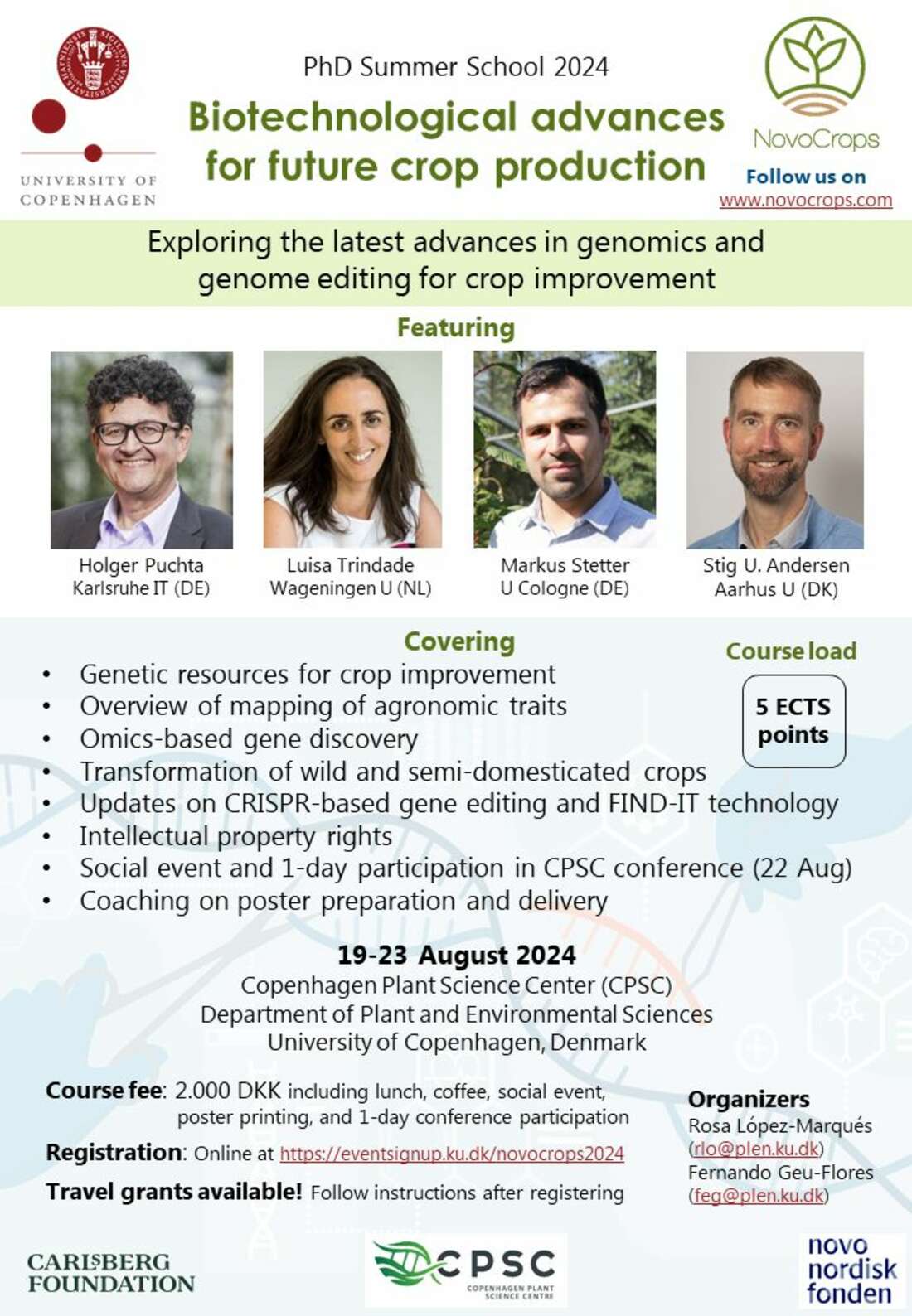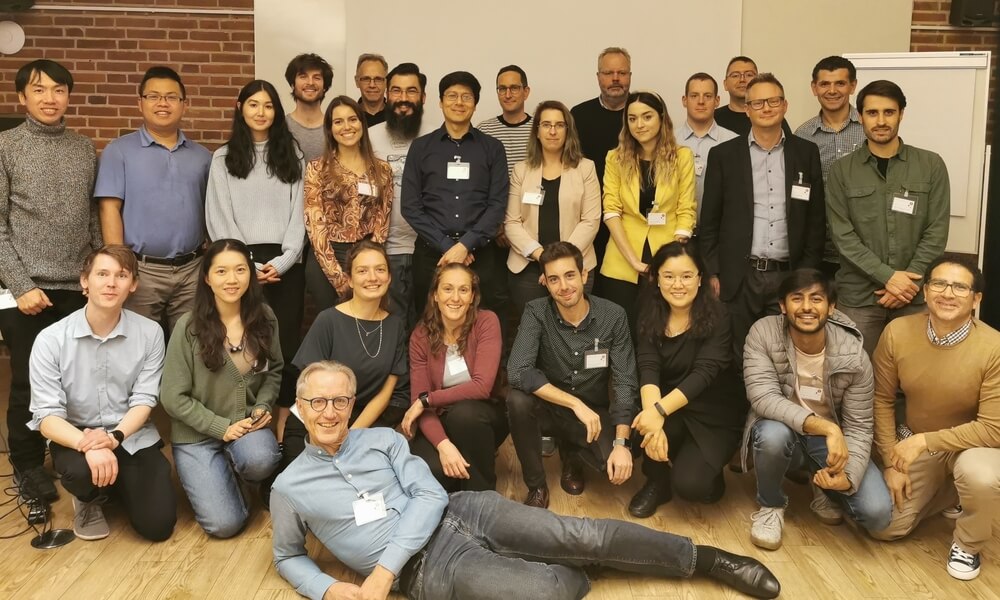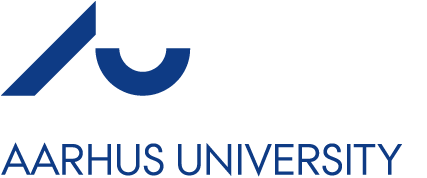
 NovoCrops: Accelerated domestication of resilient climate-change friendly plant Species
NovoCrops: Accelerated domestication of resilient climate-change friendly plant Species
NovoCrops proposes to domesticate intrinsically resilient plants for a future sustainable agriculture. Nature has provided multiple means for withstanding environmental stresses, but stress resistance traits are complex and difficult to transfer between plants. Instead of improving established elite varieties, we will capitalize on unexploited natural diversity and employ new breeding techniques to develop novel crops..
Plant production is facing unprecedented challenges. The growing human population will increase the demand for staple crops and livestock by 60% by 2050. Yields will need to increase in the face of climate change, which is predicted to drastically limit plant production due to new and intensified environmental stress factors. Nature has provided multiple solutions to withstand environmental stresses and many wild plants thrive in harsh conditions. However, the underlying resilience traits are often complex and difficult to transfer between plants. Instead of aiming to improve established elite crop varieties, NovoCrops aims to lay the foundation for the next, sustainable green revolution that focuses on increasing crop diversity. Our approach involves focused breeding of wild ancestors of the main crops cultivated today and, concurrently, the domestication of neglected wild plants displaying genotype–environment interactions required for sustainable agriculture.
NovoCrops is a joint venture of the University of Copenhagen and Aarhus University and brings together established and mid-career group leaders with expertise in crop breeding, plant genomics, transport engineering and plant physiology. The output will be novel sustainable agricultural systems that are adapted to challenging environments and capable of meeting future production demands.
We propose that domestication occurred through changes in only a few domestication genes and that these events can be mimicked by mutagenesis of homologous genes in underutilized crops and even wild plants. Using targeted genome editing techniques, including non-GMO approaches, we will de novo domesticate six future crops, by increasing their yield, modifying their flowering behavior and preventing transport of toxic compounds into their edible parts. The project is organized in four method packages providing technology to be used across six work packages, each focusing on an individual future crop.
Method platform (MP) 1: Transformation and mutagenesis
MP1 will establish protocols for the transformation, regeneration, and genome editing of alfalfa and intermediate wheatgrass.
Contact: Caixiao Gao cxgao@plen.ku.dk
Method platform 2: Plant genomic resources
Different WPs will use RNA-seq to determine when and where genes of interest are expressed. To guarantee the comparability of the collected data, MP2 will develop standard methods for sequencing library preparation and subsequent data analysis.
Contact: Stephan Wenkel wenkel@plen.ku.dk
Method platform 3: Transport engineering
The presence of antinutritional defense compounds has hampered the domestication of wild species of quinoa, lupin, potato, and other plants. To domesticate these plants, the quantity and distribution of these compounds must be altered in a tissue-specific manner. For this, we have established a unique functional genomics technology platform for identifying and characterizing transporters of plant defense compounds and to perform transport engineering crop improvement.
Contact: Hussam Nour-Eldin huha@plen.ku.dk
Method platform 4: Phenotyping
Phenotyping of NovoCrops species requires rapid propagation under a controlled environment. Speed breeding, which involves the use of supplementary lighting, controlled temperatures, and extended photoperiods in greenhouses and growth chambers to substantially reduce generation times. Plants will be phenotypically characterized in DK and abroad in various stress environments, including field trials.
Contact: Henrik Brinch-Pedersen hbp@mbg.au.dk
Work Package (WP) 1: De novo domestication of wild barley
Cultivated barley (Hordeum vulgare ssp. vulgare) is the fourth most important cereal crop worldwide and is highly adapted to marginal land. Despite its global value, yields over the past 50 years have stagnated in several regions, including parts of Europe. Moreover, genome projects have revealed a serious erosion of genetic diversity among modern barley varieties. New variation is required, and sequencing of wild barley has revealed distinctly higher genetic diversity compared to cultivated barley. Furthermore, wild barley is more resistant to pathogens, more tolerant to water and salt stress, and has a higher seed protein content, better nitrogen use efficiency, and better phosphate bioavailability than cultivated barley.
Contact: Henrik Brinch-Pedersen hbp@mbg.au.dk
WP2 De novo domestication of wild potato
Several wild ancestors of potato are highly resilient to late blight disease, which is controlled in domesticated potatoes by the heavy use of pesticides during cultivation. In addition, unlike modern cultivars, many wild potatoes have a low glycemic index and are thus less likely to contribute to the development of type-2 diabetes. As a starting point for de novo domestication, we employ wild potato species/accessions with promising characteristics regarding compatibility, tuber formation, and disease resistance.
Contact: Kim Hebelstrup kim.hebelstrup@mbg.au.dk
WP3 Accelerated domestication of alfalfa
Alfalfa is an important legume fodder crop with many excellent traits, such as cold resistance, salt tolerance, adaptability, high yield, resistance to frequent cutting, and soil amelioration properties. A major obstacle in alfalfa breeding is early flowering, which reduces the production of vegetative material. The process of flowering control in alfalfa is poorly understood. Based on knowledge from Arabidopsis, we will induce CRISPR-guided mutations in the genes encoding master flowering regulators.
Contact: Stephan Wenkel wenkel@plen.ku.dk
WP4 Accelerated domestication of lupin
In WP4, we characterize newly identified alkaloid transporters with respect to expression patterns and sub-cellular localization, thus establishing a spatiotemporal working model for alkaloid transport to the seeds. Using a non-GMO mutagenesis and screening platform established in collaboration with the Carlsberg Research Laboratories, selected specific transporter genes are knocked out in a high-alkaloid variety. This work should result in a herbivore-resistant lupin variety with high levels of defensive alkaloids in the vegetative parts but alkaloid-free seeds.
Contact: Fernando Geu-Flores feg@plen.ku.dk
WP5 Accelerated domestication of quinoa
Quinoa is a stress tolerant plant that is highly nutritious with an amino acid composition of its grain proteins comparable to that of legume seeds. In collaboration with Carlsberg Laboratories, we are currently generating a non-GMO mutant library of quinoa plants. We will phenotypically screen our quinoa mutant library for plants with higher yields.
Contact: Rosa Lopez-Marques rlo@plen.ku.dk
WP6 Accelerated domestication of intermediate wheatgrass
The perennial grass intermediate wheatgrass is closely related to wheat and has superior characteristics with respect to carbon storage, soil preservation and nutrient and water use efficiencies. Wheatgrass has been semidomesticated into the variety known as Kernza but the small size of seeds and their tendency to shatter are among traits that limit the use of this crop and therefore represent primary breeding objectives.
Contact: Michael Palmgren palmgren@plen.ku.dk
Zhang Y, Pribil M, Palmgren M, Gao C (2020) A CRISPR way for accelerating improvement of food crops. Nature Food 1: 200-205.
Shin-Young Hong, Esther Botterweg-Paredes, Jasmin Doll, et al. et Stephan Wenkel (2020) Multi-level analysis of the interactions between REVOLUTA and MORE AXILLARY BRANCHES 2 in controlling plant development reveals parallel, independent and antagonistic functions. Development 2020 147: dev183681.
DeHaan L, Larson S, López-Marqués RL, Wenkel S, Gao C, Palmgren M (2020) Roadmap for accelerated domestication of an emerging perennial grain crop. Trends in Plant Science 25: 525-537.
López-Marqués RL, Nørrevang AF, Ache P, Moog M, Visintainer D, Wendt T, Østerberg JT, Dockter C, Jørgensen ME, Salvador AT, Hedrich R, Gao C, Jacobsen S-E, Shabala S, Palmgren M (2020) Prospects for accelerated improvement of the resilient crop quinoa. Journal of Experimental Botany, Vol. 71, No. 18 pp. 5333–5347.
Davis JA, Pares RB, Palmgren M, López-Marques RL, Harper JF (2020) A potential pathway for flippase-facilitated glucosylceramide catabolism in plants. Plant Signaling and Behavior, 1783486.
Kaushal Kumar Bhati, Valdeko Kruusvee, Daniel Straub, Anil Kumar Nalini Chandran, Ki-Hong Jung and Stephan Wenkel (2020 ) Global Analysis of Cereal microProteins Suggests Diverse Roles in Crop Development and Environmental Adaptation. G3: GENES, GENOMES, GENETICS, vol. 10 no. 10 3709-3717.
Rosa L. López-Marqués, Pontus Gourdon, Thomas G. Pomorski & Michael Palmgren (2020) The transport mechanism of plant lipid flippases. Biochem J 477 (19): 3769–3790.
Department of Molecular Biology and Genetics, Aarhus University
Researchers
| Name | Title | Phone | |
|---|---|---|---|
| Search in Name | Search in Title | Search in Phone | |
| Anne-Mette Bjerg Petersen | Laboratory Technician | +4535327339 | |
| Davide Visintainer | Postdoc | +4535332215 | |
| Fernando Geu-Flores | Associate Professor | +4535332852 | |
| Guangbin Luo | Assistant Professor | +4535332099 | |
| Hussam Hassan Nour Eldin Auis | Associate Professor | +4535333698 | |
| Maurizio J Chiurazzi-Michelsen | Postdoc | +4535320281 | |
| Michael Broberg Palmgren | Professor | +4535332592 | |
| Rosa Laura Lopez Marques | Professor | +4535332602 | |
| Xu Zhai | Special Consultant | +4535324143 |
Funded by:

Project: NovoCrops: Accelerated domestication of resilient climate-change friendly plant species
Period: 2020-2025
Contact
Prof. Michael Palmgren
palmgren@plen.ku.dk
Partners



External members:
| Name | Title | Phone | |
|---|---|---|---|
| Henrik Brinch-Pedersen | Professor | hbp@mbg.au.dk | |
| Kim Hebelstrup | Associate professor | kim.hebelstrup@mbg.au.dk | |
| Claus Krogh Madsen | Researcher | clauskrogh.madsen@agro.au.dk | |
| Tobias Hanak | Postdoc | tobias.hanak@agro.au.dk | |
| Aristotelis Azariadis | PhD student | aristoteles@agro.au.dk | |
| Jovana Janjic | PhD student | jovana@agro.au.dk |
